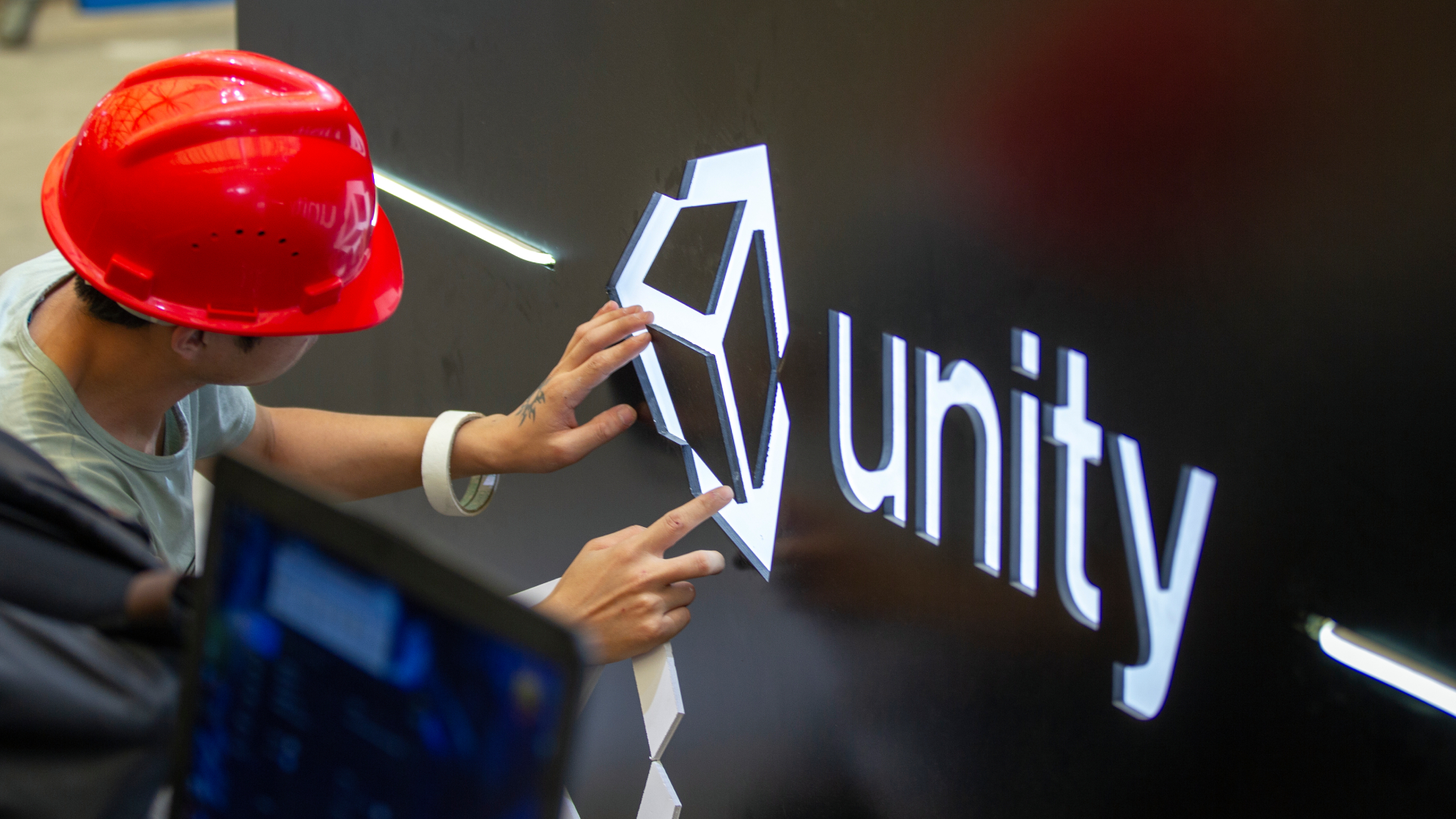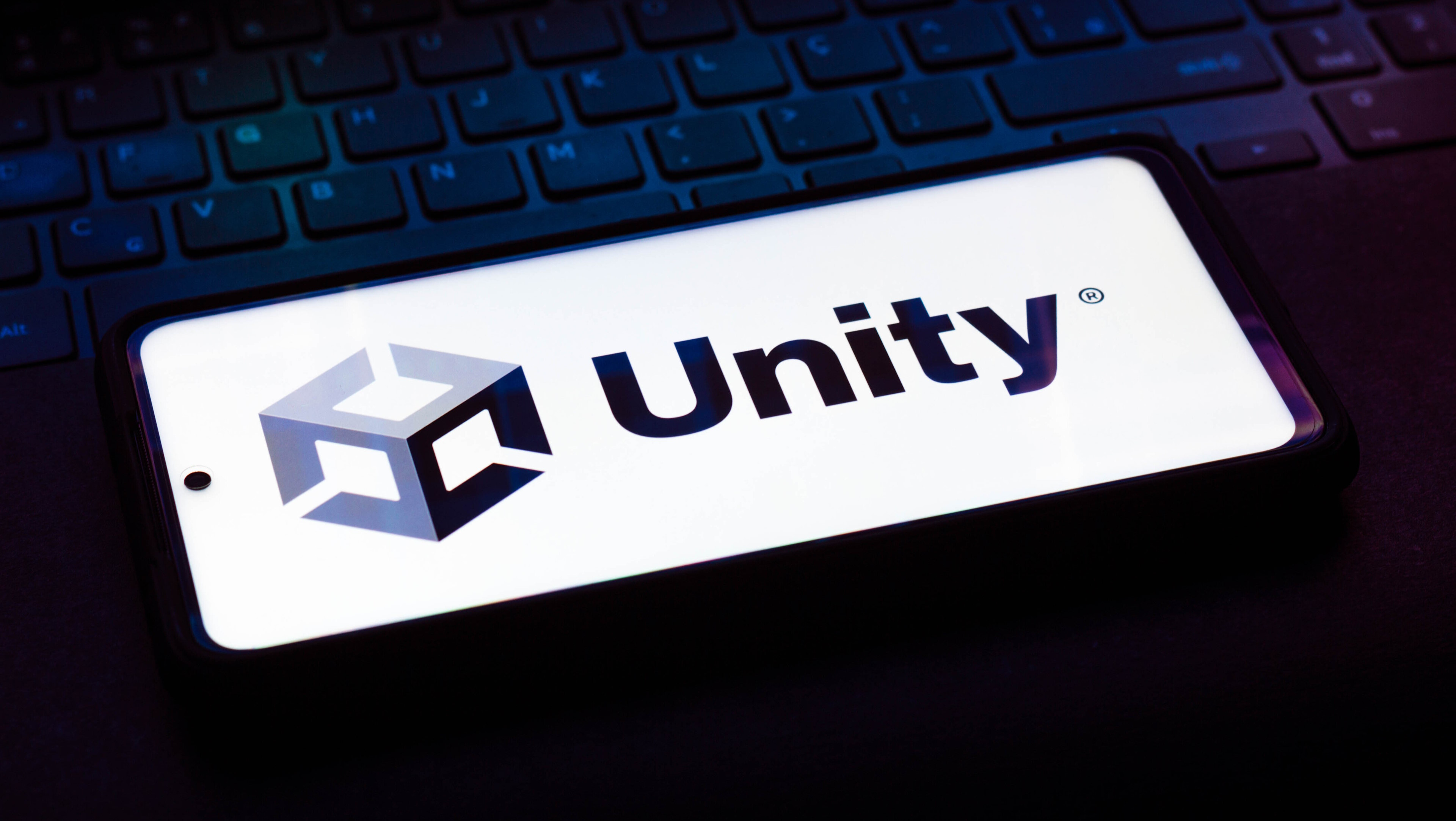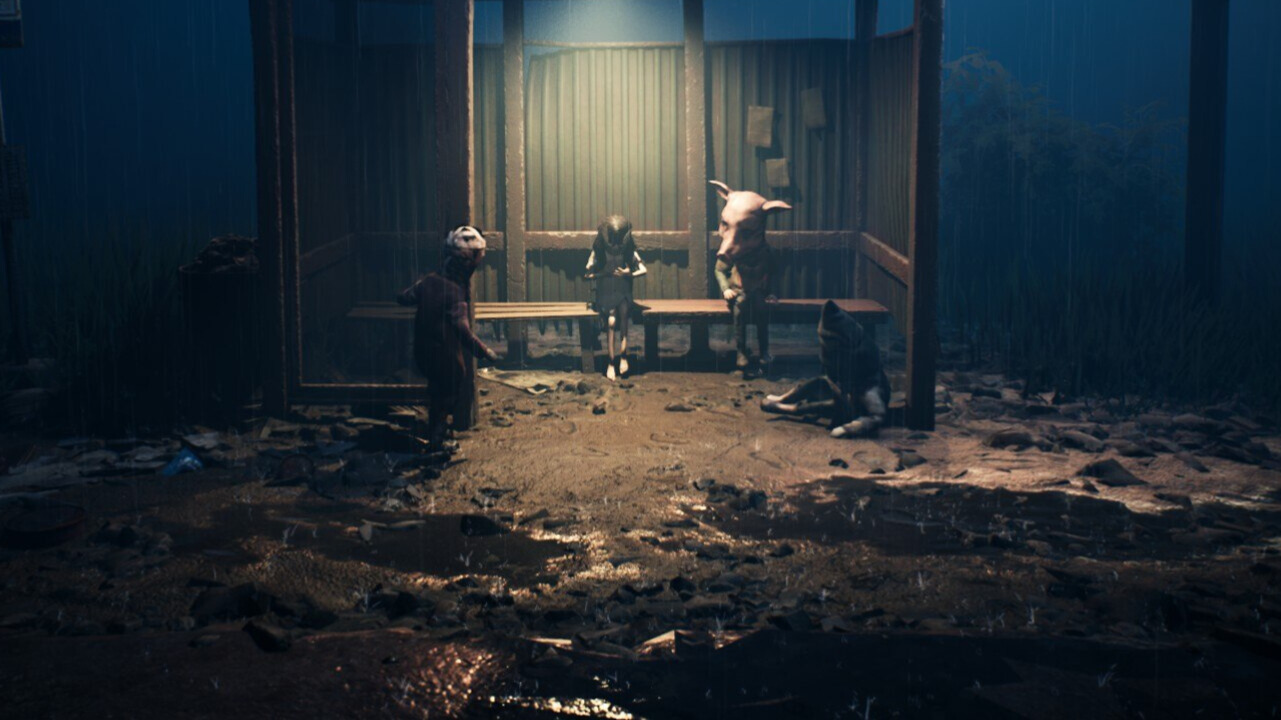DayZ creator says Unity is accusing his studio of violating its software license based on the email addresses of two people who never worked there: 'This raises some serious questions about how Unity is scraping this data'
Unity gave RocketWerkz a week to get its licenses sorted, but its evidence seems a little suspect.

Keep up to date with the most important stories and the best deals, as picked by the PC Gamer team.
You are now subscribed
Your newsletter sign-up was successful
Want to add more newsletters?

Every Friday
GamesRadar+
Your weekly update on everything you could ever want to know about the games you already love, games we know you're going to love in the near future, and tales from the communities that surround them.

Every Thursday
GTA 6 O'clock
Our special GTA 6 newsletter, with breaking news, insider info, and rumor analysis from the award-winning GTA 6 O'clock experts.

Every Friday
Knowledge
From the creators of Edge: A weekly videogame industry newsletter with analysis from expert writers, guidance from professionals, and insight into what's on the horizon.

Every Thursday
The Setup
Hardware nerds unite, sign up to our free tech newsletter for a weekly digest of the hottest new tech, the latest gadgets on the test bench, and much more.

Every Wednesday
Switch 2 Spotlight
Sign up to our new Switch 2 newsletter, where we bring you the latest talking points on Nintendo's new console each week, bring you up to date on the news, and recommend what games to play.

Every Saturday
The Watchlist
Subscribe for a weekly digest of the movie and TV news that matters, direct to your inbox. From first-look trailers, interviews, reviews and explainers, we've got you covered.

Once a month
SFX
Get sneak previews, exclusive competitions and details of special events each month!
Dean Hall, the creator of DayZ and founder of game development studio RocketWerkz, says that Unity Technologies has threatened to revoke his company's license to use its Unity game engine over terms of service violations that he denies ever happened.
In a Reddit post last week, Hall alleged that Unity—whose relationship with game developers has been strained in recent years—accused the studio of violating its terms of service based on "bogus data about private versus public licenses." Those accusations, Hall says, raise troubling questions about Unity's data collection practices.
On May 9, RocketWerkz received an unexpected email from Unity Technologies. Unity's data, the email said, showed that some of the studio's employees had been using personal Unity licenses instead of the Pro license required for companies of RocketWerkz' size.
The email kindly informed RocketWerkz that if immediate action wasn't taken, Unity reserved the right to revoke the studio's existing licenses on May 16—just seven days after the email was delivered.
In his Reddit post, Hall explained that "a significant portion" of his studio's games had been developed with Unity, estimating that RocketWerkz has spent over $300,000 on Unity licensing over the last 10 years. As anyone might do when being threatened with the revocation of something they'd invested a third of a million dollars on, the studio asked what evidence Unity had of its supposed wrongdoing.
Unity is threatening to revoke all licenses for developers with flawed data that appears to be scraped from personal data from r/gamedev
Unity replied with five email addresses that its systems had shown as having been logged into Unity development software with inappropriate licenses. According to Hall, the email addresses Unity had flagged were:
- A rocketwerkz.com email address for a team member with a Unity Personal license, who does not work on the studio's Unity projects
- The personal email address of another RocketWerkz employee, who already holds one of the pro licenses that the studio is paying for
- A rocketwerkz.com email address for an external contractor who was provided one of the studio's Unity Pro Licenses for a period in 2024
- Two email addresses for employees at another company based in the same city at RocketWerkz, neither of whom have ever worked for the studio
Hall said "not a single one of those" is a violation of Unity terms of service, but he's particularly concerned with the two email addresses that were seemingly associated with RocketWerkz for no reason other than geographic proximity.
"Beyond Unity threatening long-term customers with immediate revocation of licenses over shaky evidence, this raises some serious questions about how Unity is scraping this data and then processing it," Hall said.
Keep up to date with the most important stories and the best deals, as picked by the PC Gamer team.
As some redditors note in the comments, Hall's explanation of the flagged RocketWerkz employees could have been caused by studio staff using their company emails for personal Unity accounts and vice versa. Those would, technically, be license violations that could cause confusion on Unity's end if it sees some users with RocketWerkz addresses working under pro licenses while others aren't.

It doesn't help that, as one commenter said, licenses for Unity are "infectious."
"If a person at the company opened their personal project with a company licensed copy of Unity, even once, then that project becomes marked," redditor TheDoddler said. "Working on that project in the future on any version of Unity that is not a licensed version then becomes a license violation. The opposite is also true, using a personal copy of Unity to open a project marked by a license is also a violation."
Another commenter noted that this was a headache they'd personally experienced while working from home on a development project. They discovered that there's no way in the Unity Hub development software to alternate between personal and professional licenses—even when a user has access to both. Apparently, when they contacted Unity, they were told that the only solution was to manually edit a text file whenever they had to switch between licenses.
"How will this affect users who don't have the clout I do?"
If that's the case, it's—at best—an oversight on Unity's part that its software doesn't accommodate use cases that could provoke inadvertent license violations. At worst, it's pressuring developers into making additional license purchases they wouldn't need to otherwise.
Speaking to PC Gamer over email, Hall said the speculation about license juggling issues was "ironic," because every email address flagged by Unity belonged to someone who had set up separate personal Unity accounts rather than having both their pro and personal licenses associated with a single email address. His own account, meanwhile, has a variety of licenses assigned to it—and his wasn't flagged.
"The people, contractors, and employees who have gotten flagged are those who had separate logins," Hall said.
Even if RocketWerkz staff did have a license mixup, it doesn't explain how Unity concluded that RocketWerkz was to blame for two entirely unrelated user accounts. Expecting the studio to rectify the situation within a week or face complete license revocation, meanwhile, bears shades of the corporate callousness that contributed to Unity's runtime fee fiasco in 2023, which enraged just about every game developer and drove prior Unity CEO John Riccitiello to depart from the company.
Last month, Unity's current CEO, Matt Bromberg, said the company was working to move away from the period where it was "at war with our customers." Considering that even hobbyist developers are reporting that they've received similar threats of license revocation from Unity, it seems like that attempted armistice has produced mixed results.
When contacted by PC Gamer for comment, Unity only reiterated its policy that its terms of service "don't allow mixing license tiers within the same organization."
Hall told PC Gamer that the licensing dispute has only validated his studio's decision to move away from Unity development. For new projects, like the upcoming Kitten Space Agency, Hall said the studio has already "sunset" Unity development completely. Losing the studio's current license, however, would mean losing its ability to develop for its games that—at least for now—rely on Unity functionality, like Stationeers and the in-development Torpedia.
Regardless of where it leaves the studio's games, Hall said Unity's accusation leaves him concerned about data privacy, and how these types of disputes could affect developers who can't pivot to new game engines as easily.
"I do wonder if there are some serious data violations going on with Unity, and they appear to be threatening to use this data to close down developer accounts," Hall said. "How will this affect users who don't have the clout I do?"

Lincoln has been writing about games for 12 years—unless you include the essays about procedural storytelling in Dwarf Fortress he convinced his college professors to accept. Leveraging the brainworms from a youth spent in World of Warcraft to write for sites like Waypoint, Polygon, and Fanbyte, Lincoln spent three years freelancing for PC Gamer before joining on as a full-time News Writer in 2024, bringing an expertise in Caves of Qud bird diplomacy, getting sons killed in Crusader Kings, and hitting dinosaurs with hammers in Monster Hunter.
You must confirm your public display name before commenting
Please logout and then login again, you will then be prompted to enter your display name.

